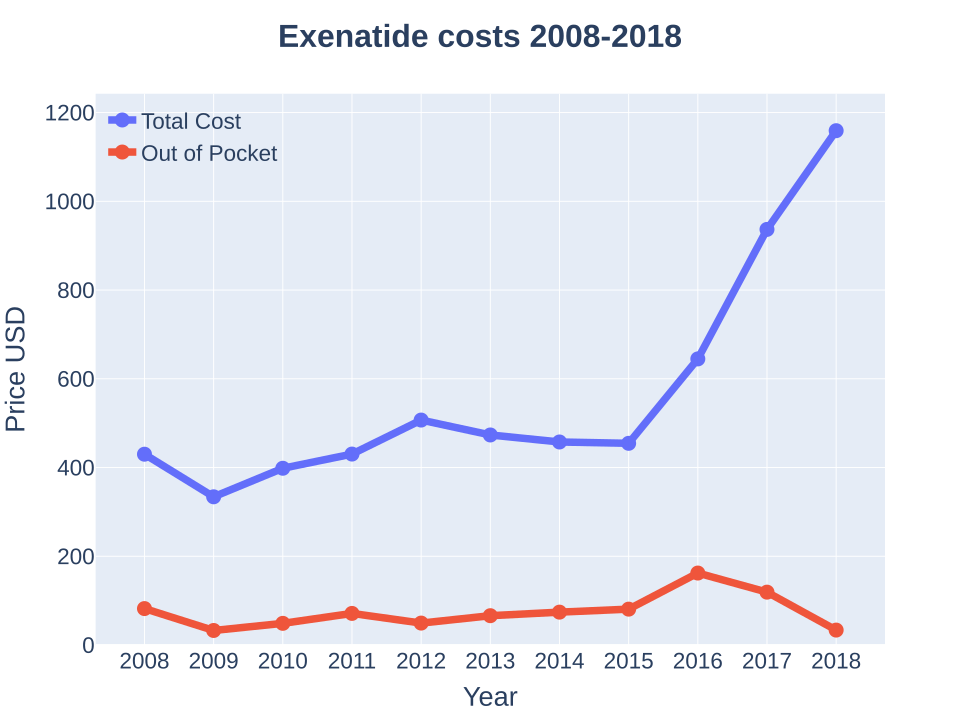New Study Sheds Light on Aggressive Prostate Cancer Variants

A recent study published in the journal *Genome Biology* has provided significant insights into the complexities of metastatic prostate cancer, a form of the disease that, although representing only 5-10% of all cases, accounts for approximately 50% of prostate cancer-related fatalities. The research, spearheaded by a multidisciplinary team led by Dr. Manuel Carracedo, Ikerbasque Research Professor at CIC bioGUNE, underscores the necessity for precision oncology—an approach that tailors treatment based on the specific molecular characteristics of each tumor.
Prostate cancer is the most prevalent malignancy among men, typically presenting a high cure rate. However, as Dr. Carracedo notes, “when we refer to prostate cancer statistics, we are actually talking about 90% of patients. About 5-10% present with metastasis at the time of diagnosis, and this variant behaves more aggressively.” This aggressive form poses not only a medical challenge but also a significant public health concern.
Dr. Miguel Unda, former Head of Urology at Hospital Universitario de Basurto, emphasizes the urgency of addressing this challenge: “Despite accounting for just a small percentage of cases, metastatic prostate cancer leads to the majority of deaths associated with the disease.” The study's findings arise from a comprehensive analysis of primary tumor specimens from hormone-naïve prostate cancer patients, revealing that these tumors exhibit a distinct biological profile and communication methodologies that enhance their aggressiveness.
The research team, which includes experts from multiple institutions across Spain, compiled and analyzed hundreds of samples over the past five years. Dr. Isabel Mendizabal, who co-led the study, elaborated on the innovative computational techniques used to dissect the tumors into their cellular components. “Most molecular studies treat the tumor as a homogeneous tissue, which limits our understanding of the disease,” she explained. Their approach allowed for a more nuanced understanding of how cancer cells interact with normal cells, essentially 'educating' them to behave in ways that favor tumor survival and growth.
This groundbreaking work lays the groundwork for future research aimed at refining clinical guidelines for the management of metastatic prostate cancer. The findings not only highlight the need for personalized treatment strategies but also call attention to the broader implications for patient care and public health policy.
As the study progresses, researchers aim to translate these molecular insights into practical diagnostic and therapeutic applications, paving the way for a new era in prostate cancer treatment. The collaboration at CIC bioGUNE and its partners signifies a significant step towards understanding and combating one of the most formidable challenges in oncology today.
Advertisement
Tags
Advertisement





